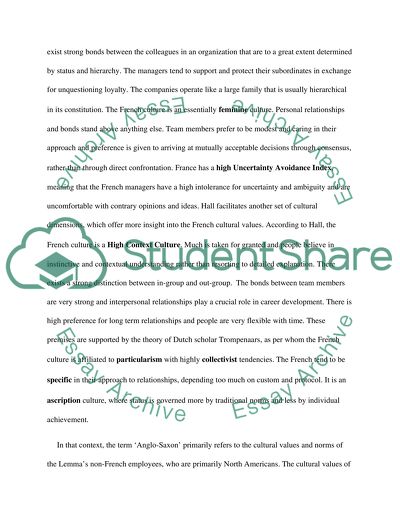Cite this document
(“CROSS CULTURAL MANAGEMENT - HR Essay Example | Topics and Well Written Essays - 3000 words”, n.d.)
Retrieved from https://studentshare.org/macro-microeconomics/1422231-cross-cultural-management-hr
Retrieved from https://studentshare.org/macro-microeconomics/1422231-cross-cultural-management-hr
(CROSS CULTURAL MANAGEMENT - HR Essay Example | Topics and Well Written Essays - 3000 Words)
https://studentshare.org/macro-microeconomics/1422231-cross-cultural-management-hr.
https://studentshare.org/macro-microeconomics/1422231-cross-cultural-management-hr.
“CROSS CULTURAL MANAGEMENT - HR Essay Example | Topics and Well Written Essays - 3000 Words”, n.d. https://studentshare.org/macro-microeconomics/1422231-cross-cultural-management-hr.


